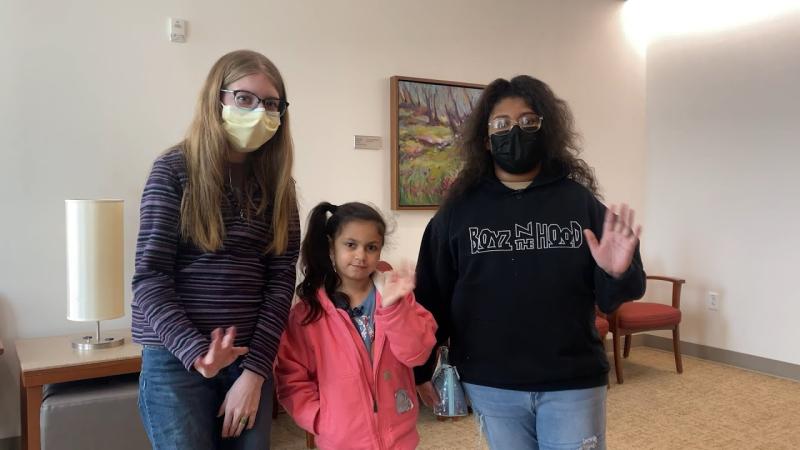
When children need a heart valve replacement, the standard of care is mechanical valves or preserved non-living tissue. Because these options do not grow as the child does, the patients need replacement valves as they grow, and they need blood thinners for mechanical valves. But a groundbreaking procedure performed by Duke surgeons in 2025—based on research they conducted at Duke—offers a path to a less risky, and more sustainable, option for pediatric heart valve transplant.
The process began with research into partial heart transplants. A study by Professor of Surgery Joseph Turek, MD, PhD, MBA, along with Assistant Professor of Surgery Douglas Overbey, MD, MPH, and General Surgery resident Lillian Kang, MD, published in JAMA in 2024 found that aortic and pulmonary valves that they transplanted into a neonatal patient in the world’s first partial heart transplant in 2022 did indeed grow along with the patient, with a good outcome at the patient’s first birthday.
Building on that research, a team of Duke surgeons led by Dr. Turek performed the world’s first living mitral valve replacement, which benefitted three pediatric patients. The set of procedures began when one 11-year-old patient received a full heart transplant. The valves from the heart that she was born with were then donated in a pair of operations, to one 14-year-old patient and another nine-year-old patient. All three children are thriving as of the time of publication.
Referring to this pioneering procedure built on a foundation of research conducted at Duke, Dr. Turek said, “To think that the lives of three girls could be saved after one full-heart donation is amazing.”